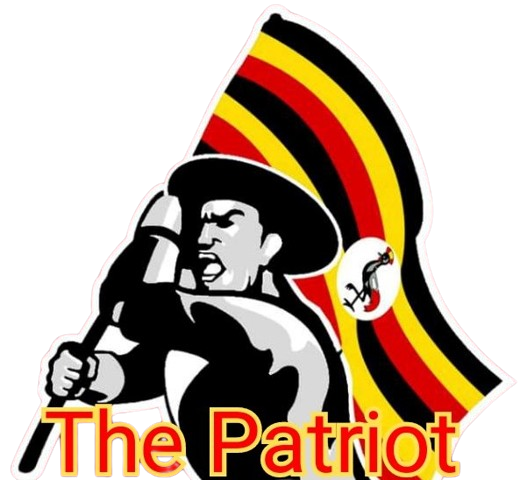
In the remote regions of Kapchorwa and Karamoja in Uganda, a courageous group of young individuals through the help of activist are pioneering a transformative movement to put an end to the age-old practice of female genital mutilation (FGM). Armed with determination and innovative approaches, these youth are rewriting the narrative for girls and women in their communities.
In the heart of Kapchorwa, Gloria Chelengat a fearless young female activist,also a young leader spearheads a campaign to bring FGM out of the shadows. Chelengat is Inspired by the stories of women who suffered in silence, Gloria notes that Networking can play a crucial role in ending Female Genital Mutilation (FGM) by connecting individuals, organizations, and communities that are committed to eradicating this harmful practice.
“The fight against FGM in the community requires consistent efforts over time, since Networking helps in maintaining momentum and preventing burnout. When individuals and organizations support each other, the movement remains strong and resilient says Gloria Chelengat.”
According to her Through networking, organizations and individuals can share their expertise and experiences. This knowledge-sharing can enhance the capacity of various stakeholders to create and implement effective anti-FGM programs, interventions, and initiatives.
She also adds that Networking allows exchange of innovative ideas and best practices where Different regions and communities might have unique approaches to ending FGM,

Mercy Chelengat also doesn’t not differ from her counterpart, she adds that , Networking can extend beyond regional or national boundaries Where International organizations and activists can collaborate and lend their support to local efforts. She says This global solidarity adds weight to the cause and brings attention to FGM on an international level.
“In essence, networking transforms individual efforts into a collective force By connecting like-minded individuals and organizations, networking fosters collaboration, synergy, and a shared sense of purpose that is crucial in the fight to end FGM”

Lotuw Pembee Josep a community development officer Amudat emphasizes on the need to incorporate the FGM surgeon’s in to government programs search as UWEP to give inprove on their livelihoods. He says because of this, there is a decrease in the practice “ from five years ago we are seeing decrease out of 10 may be 4 are mutilated says Lotuw ”
These has now seen a group of young people from Karamoja, and Sebei region taking a lead in educating their peers about the dangers of FGM. Armed with well-researched presentations and captivating storytelling, they host workshops in schools and community centres. Their approach not only informs but also ignites critical thinking among young minds, inspiring them to question harmful traditions.
The youth’s efforts do not go unnoticed. Local leaders and elders take notice of their unwavering commitment. Slowly, opinions begin to shift, and influential figures lend their support to the cause. Community dialogues, once resistant to change, now center on building a brighter future free from the shackles of FGM.

Hawever Majinjach Festo programe coordinator Sabiny transformation initiative a partner organization with action aid uganda says several attempt have been taken up in engaging youth across the districts of Kapcwrwa ,Amudat, Kumi ,Katakwi to be able to address some of the challenges affecting communities especially in the fight against FGM and early child marriages “building from 2021 their way global youth consortium bringing all youth across the glob in FGM practicing countries on how best young people can come up with best actions on how best young people can be involve in the fight and how best they can firster the campaign to end FGM’’
Majinjach says there is a need to mobilized young people to be accountable to transformation in communities since their strong .
But Samuel Francis Ononge of action Aid say the youth engagement is all about changing mind set of young people.he says the project is funded by Unfpa and aimed at stretching the youth duty barers
These believe when young people are transform in the community more is achieved.
The youth from this regions now stand as beacons of change, proving that innovation, education, and compassion can shatter even the most deeply entrenched traditions. With each play, workshop, and conversation, they are scripting a narrative of empowerment, choice, and equality for generations of girls to come. Their journey isn’t just about ending a harmful practice; it’s about illuminating a path toward a future where girls can grow without fear, and women can thrive without scars.
|
|

